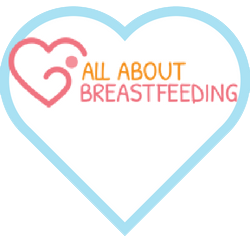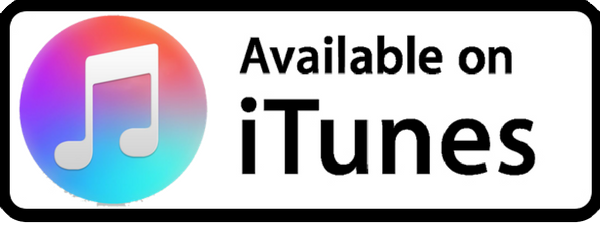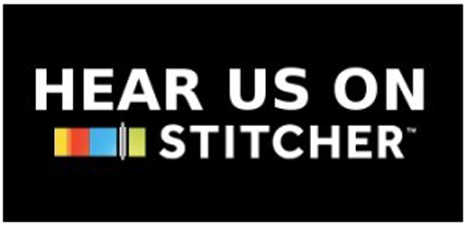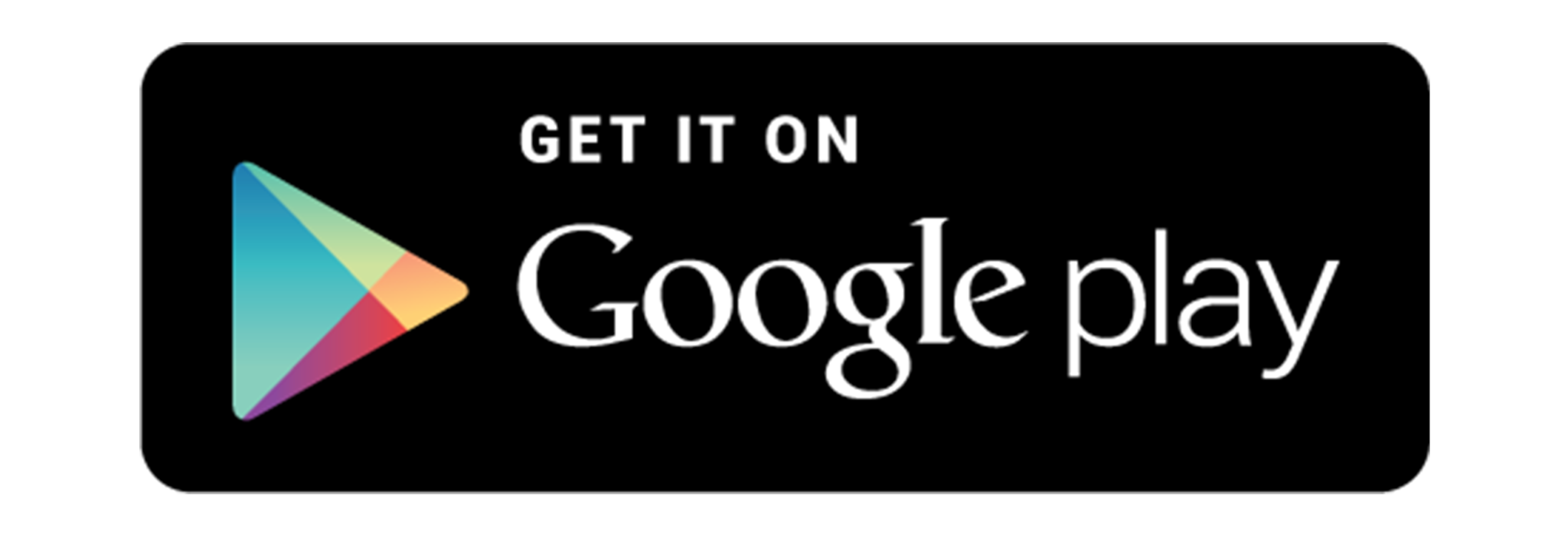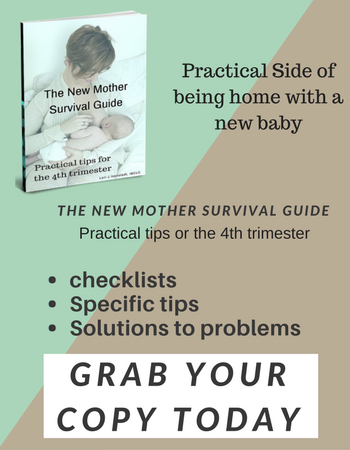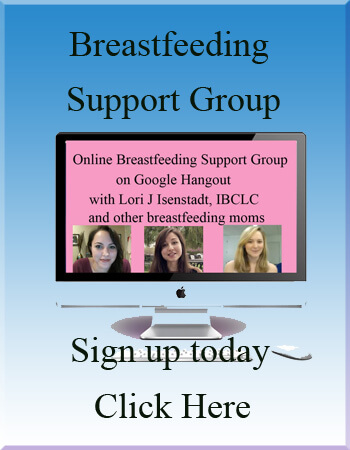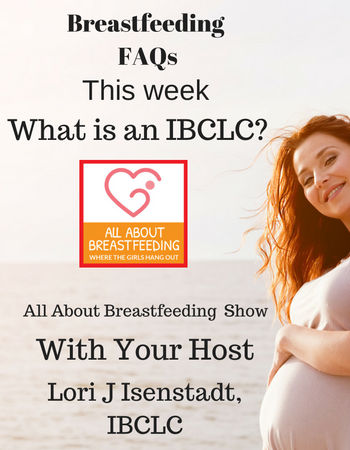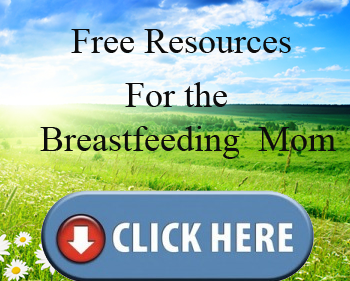Kathy Parkes
Her Story.
Kathy Parkes Bio:
Kathy Parkes is a registered nurse, an International Board Certified Lactation Consultant (IBCLC), a Fellow of the International Lactation Consultant Association, has a Masters in Nursing Education degree, and a Bachelors degree in Psychology. She has been an IBCLC since 1992 and has worked with mothers and babies in a wide variety of breastfeeding situations in both the hospital and in private practice. She is a certified Peer Counselor trainer for the Texas WIC department. Kathy is a Compassion Fatigue Educator, specializing in perinatal and infant loss. She provides breastfeeding experience to families of all types and sizes.
It has been estimated that 1 in 4 pregnancies results in miscarriage or stillbirth. What some people don’t realize is that Lactogenesis 2 or milk production, begins any time after 12 weeks gestation. Many moms who experience a loss will produce some milk. Many moms are not prepared for this and are at a loss for how to deal with their grief, the milk and the emotions that come with it. I am so glad that Kathy is here to help us learn together about the choices that moms have concerning their supply. Kathy has also started and run 2 private lactation consulting businesses.
Additionally, Kathy has certifications as a Health Coach, specializing in prenatal, postpartum and breastfeeding as well as a Compassion Fatigue Educator, specializing in perinatal and infant loss. Kathy is currently working toward a certification in aromatherapy. Breastfeeding assistance has been provided to families of all types and sizes, in a wide variety of life situations such as adoptive parents, surrogate parents, LBGTQ parents, single parents, long-term nursing, multiples, incarcerated mothers, prematurity, chronically ill mothers and infants, and many other challenges.
Kathy is willing to travel for teaching and presentations within the United States, Canada, Western Europe, and other locations as negotiable.
How did Kathy learn how to help moms who suffered a loss:
She learned from moms
She learned from her own research
She learned from attending conferences – PLIDA
She learned from personal family experience – her daughter lost her third baby in utero
PLIDA – Perinatal Loss and Infant Death Alliance. This is an international organization where she could learn from professionals outside of her IBCLC world. This organization consisted of a small group of IBCLCs, along with funeral directors, therapists, psychiatrists, nurses, counselors and moms.
She learned about different ways to talk to and reach and what else she could offer suffering parents.
What is different between how loss was handled several years ago compared to how it is handled currently in most hospitals?
It was horrendous years ago. Mothers were put to sleep, knocked out, babies taken way and they never saw, touched, kissed or held these infants. They were told things like: don’t worry about it, you will be able to get pregnant again. They were told other hurtful things like: this was for the best. Kathy tells us abut working with grandparents who now realize they never really acknowledged they lost a baby 35-40 years ago. As a culture, we have become better, and yet Kathy believes we still have quite a ways to go.
In the hospital she worked at, she pushed for pictures and has brought in loss photographers. We made foot and hand prints. Parents were offered to hold their babies. They were coached prior if there was an early loss. They were never forced to hold their babies.
Kathy tells us the story of standing in front of the hospital room door and sending away the staff member who was waiting to take the baby to the morgue. She let the mother take her time, hold her baby and wait for her to be ready to let go of her baby.
Through her practice, Breastfeeding Perspectives, where she offers free help to grieving parents, Kathy offers parents options and choices and ideas. She suggests they take a snip of babies hair, foot and hand prints, pictures – whatever they need to help with the grief and healing process.
Kathy follows up with parents because she knows birthdays and anniversaries and holidays are difficult to get through. She encourages parents and family and friends to talk about the baby. To say his/her name. This baby existed and sometimes people out of fear act as if the baby never existed. She also knows that the next pregnancy will likely bring on fears and anxiety.
Kathy’s experience as a grandmother who suffered a loss:
She did not expect the need to grieve herself, even though she is a Compassion Loss Educator. She also realized that If she hurts as a grandmother, imagine what it must feel like for the mom. We need to acknowledge this pain and allow moms and dads and brothers and sisters and grandparent to talk about their feelings. We need to let moms know about the potential is for her supply to c ome in and what do we do to keep you comfy and to meet your goals whatever they might be.
What other improvements have been made with facilities and healthcare providers:
Providers have become better at talking to parents about loss. They have also become better at recognizing the need for additional support and are better at referrals.
Kathy has authored papers on policies on loss and lactation. You can find examples of these policies, which are free of charge from www.plida.org
Improvements can still be made with providers such as obstetricians who don’t feel capable of being there for a mom when she suffers a loss. Kathy suggests that they check in with their moms. Give her the opportunity to talk about her loss. Sit with her as she may need you to be there for her while she cries, talks about her baby. Acknowledge her loss. Refer her to an OB so she can be helpful answering lactation questions, which will likely become more prevalent once she is home.
How Kathy approaches the mom during her hospital stay:
She is careful to walk that fine line by giving just enough information, but not too much. Handouts and links to videos for when they are ready to learn more information. She feels strongly that it is vital for all moms who have suffered a loss to be seen by an IBCLC before discharge.
She needs to know that she will have some degree of milk leakage. Kathy will bring up some of her choices – milk suppression, pumping and donating, how to safely reduce her supply, how to not increase her supply, why she does not want to bind her breasts. She will want to talk to her about possible engorgement, breast infection. So as not to overwhelm her with all this information, she has handouts available on these subjects, information and a link to video on hand expression.
Some moms may not understand that they do not want to stimulate their breasts if they do not want to bring in a supply and donate milk. It is “good to know” information that they might still be able to squeeze out a little milk for the next 6 months. They may have spontaneous leaking during sex, while thinking about the baby, talking about the baby, hearing another baby cry. This is all quite normal.
All this information can be shared, as mom is up to it. All while being mindful to not overwhelm, but make mom feel comfortable enough to call back in with questions at a later date.
Most common questions moms have once discharged from the hospital:
About 50% say they want help with making the milk go away. They just don’t want to have to deal with it. Some say, that after a short period of weaning, that they have changed their mind and would like to donate. Kathy helps them with this too. I learned something new today. This is about the Human Milk Banks. Typically they need a set amount of milk and to fill out a lot of paperwork before they will take donated milk and the mom has to answer a lot of questions. When moms have suffered a loss, the milk banks will take any amount, even 5 ccs and require the minimum amount of paperwork to be filled out.
Reasons moms give for wanting to donate:
They want to maintain the memory of their baby.
They want to help save other babies lives.
Some parents will drive 2 hours to the milk bank so they can see how the process happens.
They like to look at the wall that honors babies who have donated and received donations.
It helps parents to know that their baby is a vital part of the process for saving other babies lives even though their baby is not in their arms., their baby is still being remembered. Their baby will never be forgotten and their experience does make a difference.
Aromatherapy and Essential Oils:
Kathy does make the statement that she is not certified in aromatheray. However, she does use essential oils in her practice. Peppermint, Sage, Jasmine and Parsely are all herbs that help with milk suppression. She suggests eating Altoids ( peppermint) the the handful!
We talk about how important it is for all moms to learn the art of hand expression.
What else does Kathy recommend to help mothers who have suffered a loss:
Bring in grandparents, significant others, family and friends. Let them know the importance of allowing mom to talk, cry and vent her feelings. Talk about the baby. Call the baby by name. She also talks about how family members who suffer a loss may also need to talk to someone about their feelings. Perhaps they can journal along with the mom. Journaling helps take all those thoughts that are going around and around in your head and put them down on paper. This can help with the healing process. Kathy provides every mom with a pretty blank journal and a pen to go home with, along with starter sentences to help them begin the process of writing about their feelings. i.e.: My experience in the hospital was ____________________.
Last thoughts:
We talked about the book – Love you Forever, by and why he originally wrote the book ( to deal with the loss of 2 infants)
There is help for you. We can help you through this process.
Providers: check out you tube for videos on infant loss. They will help you when you approach parents.
Her business:
Kathy’s first practice lasted for 15 years. She gave up this practice for a job in a local hospital as the community felt the need for more in house IBCLCs. She is most proud of her work at this hospital and for bringing them to the Baby Friendly designation, before leaving to open up her second practice. She now serves women in the community by way of in home lactation consults, She offers speaking and webinar presentations in person and loves to travel to give her presentations in the San Antonio area.
Contact info:

listen Now
Lori J. Isenstadt, IBCLC
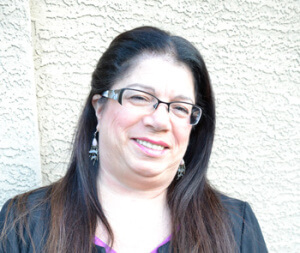 Lori Jill Isenstadt, IBCLC is a huge breastfeeding supporter. She has spent much of her adult life working in the maternal health field. Once she became turned on to birth and became a childbirth educator, there was no stopping her love of working with families during their childbearing years. Lori became a Birth doula and a Postpartum doula and soon became a lactation consultant. She has been helping moms and babies with breastfeeding for over 25 years. Lori founded her private practice, All About Breastfeeding where she meets with moms one on one to help solve their breastfeeding challenges. She is an international speaker, book author and the host of the popular itunes podcast, All About Breastfeeding, the place where the girls hang out. You can reach Lori by email at: [email protected] or contact her via her website: allaboutbreastfeeding.biz/contact
Lori Jill Isenstadt, IBCLC is a huge breastfeeding supporter. She has spent much of her adult life working in the maternal health field. Once she became turned on to birth and became a childbirth educator, there was no stopping her love of working with families during their childbearing years. Lori became a Birth doula and a Postpartum doula and soon became a lactation consultant. She has been helping moms and babies with breastfeeding for over 25 years. Lori founded her private practice, All About Breastfeeding where she meets with moms one on one to help solve their breastfeeding challenges. She is an international speaker, book author and the host of the popular itunes podcast, All About Breastfeeding, the place where the girls hang out. You can reach Lori by email at: [email protected] or contact her via her website: allaboutbreastfeeding.biz/contact
Submit a comment
your email address will not be published
